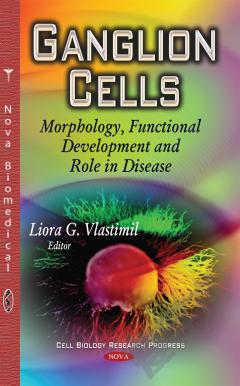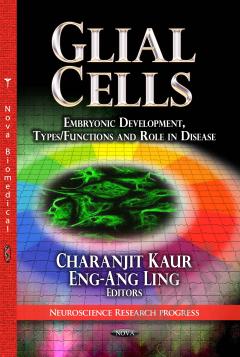Bacterial Cell-to-Cell Communication: Role in Virulence and Pathogenesis
Many bacterial diseases are caused by organisms growing together as communities or biofilms. These microorganisms have the capacity to coordinately regulate specific sets of genes by sensing and communicating amongst themselves utilizing a variety of signals. This book examines the mechanisms of quorum sensing and cell-to-cell communication in bacteria and the roles that these processes play in regulating virulence, bacterial interactions with host tissues, and microbial development. Recent studies suggest that microbial cell-to-cell communication plays an important role in the pathogenesis of a variety of disease processes. Furthermore, some bacterial signal molecules may possess immunomodulatory activity. Thus, understanding the mechanisms and outcomes of bacterial cell-to-cell communication has important implications for appreciating host-pathogen interactions and ultimately may provide new targets for antimicrobial therapies that block or interfere with these communication networks.
{{comment.content}}








 京公网安备 11010802027623号
京公网安备 11010802027623号